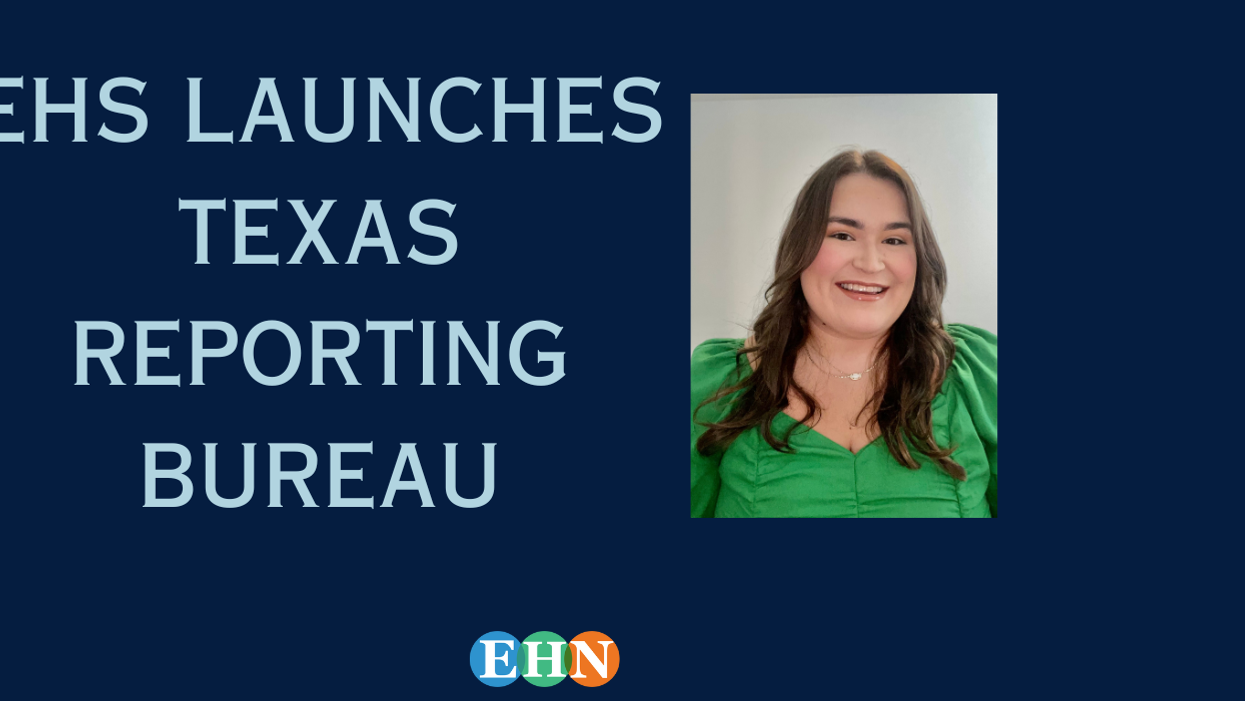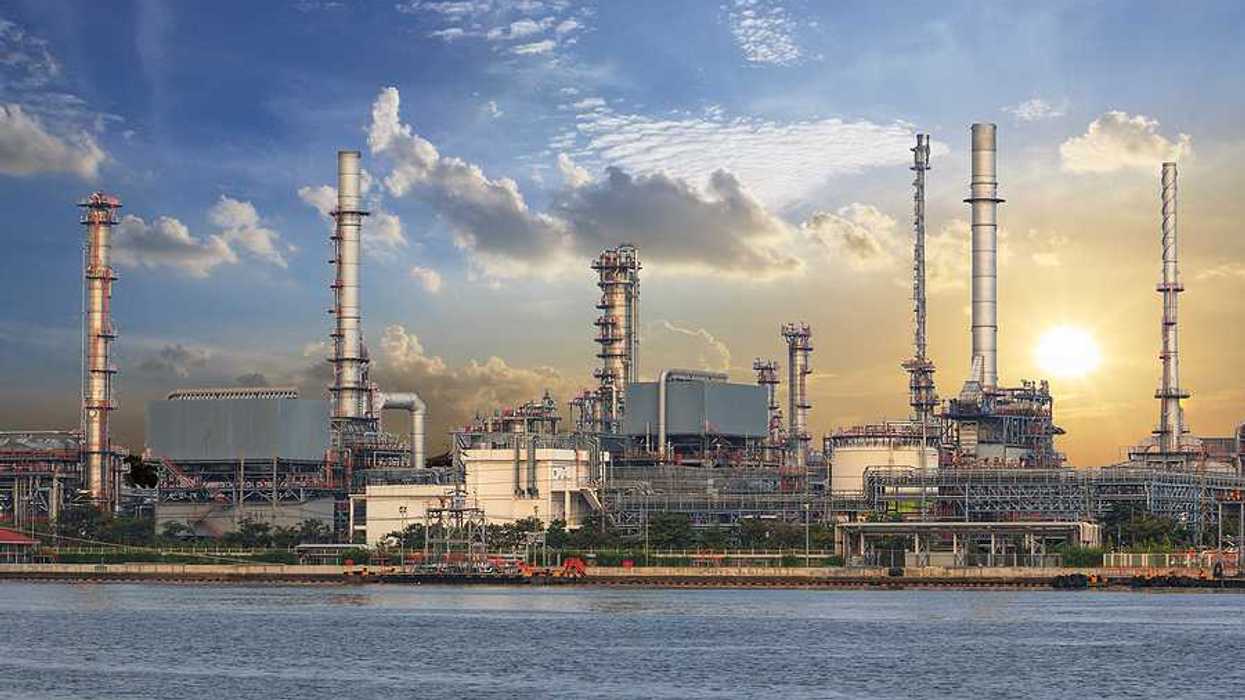HOUSTON — Environmental Health Sciences, which publishes EHN.org, welcomes Cami Ferrell as its video reporter for its new bilingual reporting bureau in Texas.
In this new role, Ferrell will primarily report on the petrochemical buildout in the Texas Gulf Coast.
Prior to joining EHS, Ferrell taught secondary English in Houston’s East End, near the Houston Ship Channel. The area is home to numerous petrochemical refineries, some of which could be seen from her school’s soccer fields.
“Crossing one highway in Houston can change the entire environmental landscape,” Ferrell said. “You don’t often see the refineries from downtown, but realizing that my students see and live among this everyday made joining EHS an easy decision. They deserve better.”
Before teaching, Ferrell graduated from the Mayborn School of Journalism at the University of North Texas in 2021. She has two bachelor’s degrees in broadcast-digital journalism and world history. She also holds a minor in Spanish. In her time at UNT, she was inducted into the national journalism honor society, Kappa Tau Alpha, and was a Mayborn Scholar. She also won a Lone Star Emmy Award at North Texas Television.
Ferrell lives with her family in Houston. She enjoys walking with her dog near many of the surrounding bayous. Some of her other passions include singing, playing the guitar and writing fiction.
- Shell’s petrochemical plant in Pennsylvania hasn’t spurred economic growth: Report ›
- Op-ed: Why is the chemical industry pitting public health against economic growth? ›
- EHN reporter wins Golden Quill awards for reporting on petrochemicals and PFAS ›
- WATCH: How Marathon Petroleum and one Texas city show the potential for a chemical communication crisis - EHN ›
- Marathon Petroleum y una ciudad de Texas muestran una potencial crisis de comunicaciones sobre sustancias químicas - EHN ›
- How my previous career in teaching made me a better journalist - EHN ›
- How my previous career in teaching made me a better journalist - EHN ›

















